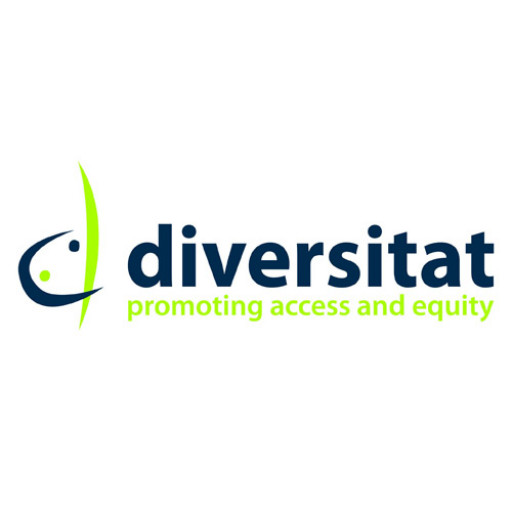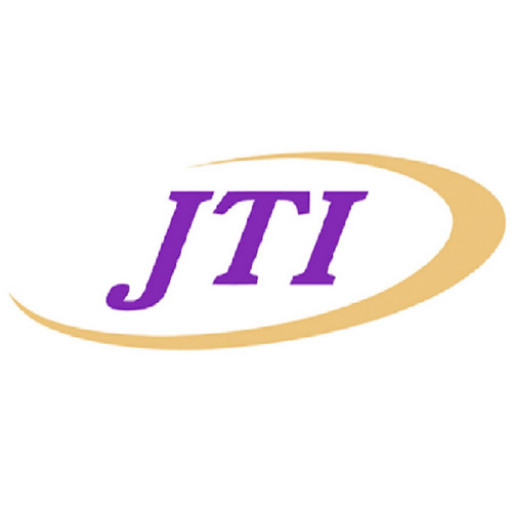Program Overview:
The Disability Studies program at Diversitat is dedicated to exploring the complex and multifaceted issues surrounding disability in contemporary society. This comprehensive curriculum offers students a deep understanding of the social, cultural, political, and economic factors that influence the experiences of individuals with disabilities. Through a combination of theoretical knowledge and practical applications, students will examine how disability is constructed, represented, and addressed within different contexts. The program aims to cultivate critical thinking, advocacy skills, and a commitment to promoting inclusion and accessibility for all members of society.
Throughout the coursework, students will engage with topics such as disability rights and legislation, inclusive education and employment practices, assistive technologies, and the role of media and popular culture in shaping perceptions of disability. Emphasizing an interdisciplinary approach, the program draws from fields like sociology, psychology, health sciences, law, and education. This allows graduates to develop a well-rounded perspective on disability issues and prepares them to work effectively in diverse settings such as healthcare, social services, community organizations, policy development, and advocacy groups.
The Disability Studies program also emphasizes experiential learning, encouraging students to participate in internships, community projects, and research initiatives. These opportunities enable students to apply theoretical concepts to real-world situations, fostering practical skills and a deeper understanding of challenges faced by individuals with disabilities. By the end of the program, graduates will be equipped with the knowledge and skills necessary to contribute meaningfully to creating more inclusive environments, influence policy change, and support the rights and well-being of people with disabilities.
In addition, the program aims to foster a personal and professional ethic of respect, empathy, and social responsibility, empowering students to become advocates for social justice and equality. Whether pursuing careers in healthcare, social work, education, policy, or community development, students will leave the program prepared to make a positive impact in the lives of individuals with disabilities and contribute to the advancement of an inclusive society.
Disability studies is an academic program designed to explore the social, cultural, political, and economic aspects of disability. This comprehensive program provides students with an in-depth understanding of the ways in which disability is constructed, experienced, and addressed within society. Throughout the course, students will analyze historical perspectives on disability, examine contemporary issues such as accessibility, inclusion, and human rights, and develop critical thinking skills to challenge prevailing assumptions and stereotypes about disability.
The curriculum covers a broad range of topics including the medical versus social models of disability, legislation and policies affecting disabled individuals, and the role of advocacy and activism in advancing disability rights. Students will engage with key concepts such as intersectionality, identity, and the social determinants of health, enabling them to appreciate the diversity of experiences among disabled populations. Practical components involve case studies, community engagement projects, and opportunities for students to collaborate with organizations working toward accessibility and inclusion.
A key focus of the program is on the development of skills that prepare students for careers in social work, policy analysis, community development, education, and advocacy. By integrating theoretical frameworks with real-world applications, students gain valuable insights into how to promote equitable opportunities and improve quality of life for people with disabilities. Graduate success stories often highlight roles in policy-making, consultancy, nonprofit leadership, and research.
An emphasis is placed on fostering empathy, cultural competence, and ethical awareness, ensuring students are well-equipped to serve diverse communities effectively. The program encourages interdisciplinary approaches and often collaborates with local disability organizations for internships and practical experience. Graduates of this program leave with a comprehensive understanding of the challenges faced by disabled individuals and the strategies necessary to facilitate positive change within society. Through this education, students are empowered to become advocates for accessibility, equality, and social justice, making meaningful contributions toward a more inclusive world.
Disability Studies at Diversitat is a comprehensive program designed to deepen students' understanding of disability through multidisciplinary approaches, incorporating social, cultural, legal, and health perspectives. The program requires students to complete core courses that establish foundational knowledge in disability theory, the history of disability rights, and contemporary issues faced by disabled populations. These courses include Introduction to Disability Studies, Disability Rights and Advocacy, and Disability and Society. Students are also required to engage in specialized electives such as Assistive Technologies, Inclusive Education, and Disability Policy and Law, which allow for exploration of specific areas of interest within the field.
Practical experience is a crucial component of the program, with students participating in field placements, internships, or community engagement projects aimed at developing skills in advocacy, support, and policy implementation. To ensure well-rounded expertise, the program emphasizes research methodology and ethics, encouraging students to undertake independent research projects or thesis work on topics related to disability. Collaborative learning through seminars, workshops, and group discussions is integral, promoting critical thinking and diverse perspectives.
The program has certain academic prerequisites, typically requiring a relevant undergraduate degree or equivalent qualifications for entry. Throughout their studies, students must demonstrate proficiency in relevant research and communication skills, as well as a commitment to social justice principles. Assessment methods include essays, presentations, project reports, and practical evaluations to assess both theoretical understanding and applied skills. Upon successful completion, graduates will be equipped to work in sectors such as healthcare, social services, policy-making, education, and advocacy organizations, contributing to improved support and inclusion for individuals with disabilities. The program aims to produce professionals who are knowledgeable, empathetic, and proactive in fostering accessible and equitable environments for all members of society.
The financing of disability-related programs at Diversitat is primarily supported through a combination of government funding, grants, and community initiatives. These programs often benefit from state and federal government allocations aimed at promoting inclusion, accessibility, and support services for individuals with disabilities. Funding may also be supplemented by local government contributions and partnerships with non-profit organizations dedicated to disability advocacy and support. Additionally, Diversitat may secure grants targeted at improving infrastructure, providing specialized training, and expanding outreach services for people with disabilities. In some cases, program participants might be able to access financial assistance or subsidies designed to offset costs associated with education, therapy, or assistive technologies. There may also be opportunities for private sponsorships and donations, which help to sustain and develop the programs further. Overall, the financial structure is designed to ensure that disability support services are accessible, sustainable, and capable of meeting the evolving needs of the community.
The Diversitat program dedicated to Disability offers comprehensive training and support tailored to individuals seeking to develop skills and knowledge in the field of disability services. This program aims to equip students with the essential competencies required to work effectively with individuals with various disabilities, promoting inclusive practices and improving quality of life for clients. Participants engage in a range of coursework covering topics such as understanding different types of disabilities, communication techniques, ethical considerations, and health and safety protocols. The curriculum is designed to foster both theoretical understanding and practical skills, often incorporating hands-on training through placements or internships within community organizations or disability service providers associated with Diversitat.
Throughout the program, students learn about legal frameworks and policies relevant to disability support, including rights, advocacy, and person-centered approaches. Special emphasis is placed on developing empathy, cultural competence, and individualized care strategies to meet diverse needs. The program also addresses issues related to mental health, aging, and complex support requirements, preparing graduates for varied roles in social work, community development, or direct care services.
Diversitat’s approach combines classroom learning with real-world application, ensuring that graduates are ready to contribute effectively to the disability sector immediately upon completion. The program often includes vocational qualifications such as certificates or diplomas, which enhance employability in not-for-profit organizations, government agencies, and private sector providers. Supporting students throughout their educational journey, Diversitat offers pathways for further study or specialization, ensuring ongoing professional development and career advancement.
In addition to technical knowledge, the program emphasizes values such as respect, dignity, and independence for people with disabilities, aligning with contemporary models of inclusion and social justice. Graduates leave with a strong understanding of the social model of disability, recognizing the importance of removing barriers and fostering accessible environments. Overall, the Diversitat Disability program is designed to produce skilled, compassionate professionals committed to making a positive difference in the lives of individuals with disabilities and their communities.









